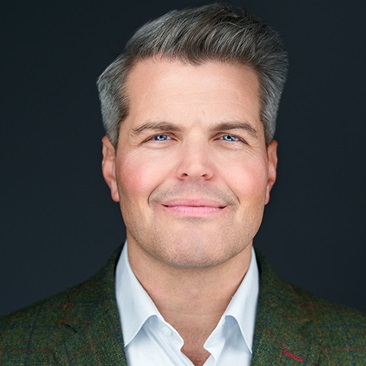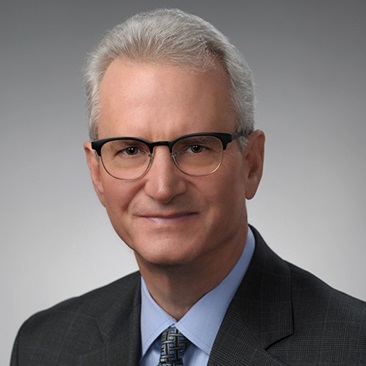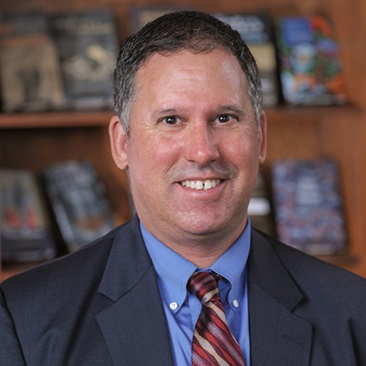Executive Education grad serves on panel merging mental health, addiction services
May 17, 2021
 Lisa Hoeschele ’03 M.A. (P.A.), recently
served on a statewide committee guiding a merger of New York’s Office of Mental
Health (OMH) and Office of Addiction Services and Supports (OASAS). The new
entity, the Office of Addiction and Mental Health Services, will integrate
mental health and addiction services and streamline procedures and regulations.
Lisa Hoeschele ’03 M.A. (P.A.), recently
served on a statewide committee guiding a merger of New York’s Office of Mental
Health (OMH) and Office of Addiction Services and Supports (OASAS). The new
entity, the Office of Addiction and Mental Health Services, will integrate
mental health and addiction services and streamline procedures and regulations.
Hoeschele, who started her career teaching French, then shifted to the nonprofit world, has worked since 2005 at Family & Children’s Counseling Services (FCCS) in New York’s Southern Tier. She has served as executive director/CEO of FCCS since 2010 and is board president of the New York State Council for Community Behavioral Healthcare. Under her leadership, FCCS has grown from a $2 million single clinic to a $15 million multi-clinic organization that serves five counties."
None of us goes unscathed when it comes to having family members who have experienced mental health and or substance use problems,” she said.
“I credit Maxwell for every individual whose life I’ve been able to touch in my community,” she added. “The faculty at the time really helped me frame my understanding of the nonprofit organization in the continuum of services in a community. It teaches us not just about the money, but about the mission. I’m forever grateful for that.”
The statewide committee included stakeholders and community agency staff providing mental health and/or addiction prevention, treatment and recovery services. The committee was tasked with envisioning and shaping the new agency’s structure and operations. That includes regulations, access to integrated care, culture, prevention, budget, workforce, recovery, stigma, justice, equity, diversity and inclusion.
The committee met two to four times a week from mid-February to April 1. They expect to present a recommendation to the state in the next few weeks.
“The real urgency is that there are two bureaucracies, where one could better serve our communities,” Hoeschele said. “A merger gives us the opportunity to be able to serve the whole entire person, where they are in their lives, and really recognize the impact of trauma on substance use and vice versa.”
Hoeschele brings on-the-ground experience to the discussion. “We all know that policy is only as good as the practice that implements it,” she said. “I’m really excited to be able to inform the policy decisions around practical operations.”
Agency experts “can be nimble hands, and really get our get our fingers dirty in the work,” she said. “For government entities there are all these layers of getting permission to hire and getting permission to fill positions. We like to think of ourselves as partners with our bureaucratic brothers and sisters who identify needs, then we try and fix the problem with them."
The merger could save money, but that’s not the goal. “The point is to provide superior service,” Hoeschele said.
Related News
Commentary

Apr 1, 2025
Commentary

Mar 27, 2025
Research

Mar 25, 2025
